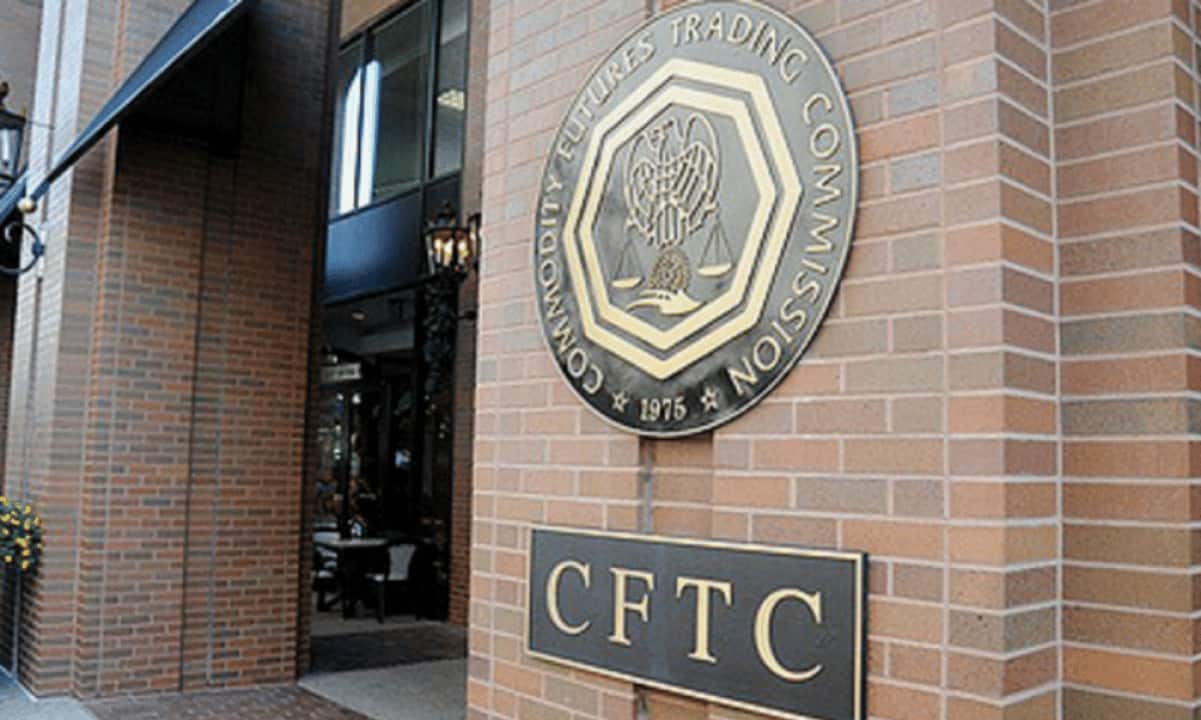The Commodity Futures Trading Commission (CFTC) has filed a civil enforcement action against Francier Obando Pinillo, a pastor from Pasco, Washington, accusing him of running a fraudulent cryptocurrency Ponzi scheme worth at least $5.9 million.
The complaint names Pinillo and his associated businesses, Solanofi, Solano Partners Ltd., and Solano Capital Investments, collectively known as the Solanofi entities, as the defendants.
Details of The Lawsuit
According to a December 10 release from the CFTC, Pinillo targeted at least 1,515 individuals in the United States, including members of his Spanish-speaking congregation. The complaint alleges that he misused his position as a trusted church pastor to promote his deceptive scheme.
He claimed to be the CEO of Solanofi, an automated trading platform that offered risk-free profits through high-performance trading of crypto assets. Pinillo falsely advertised guaranteed monthly returns of up to 34.9% and assured participants that the platform was secure and reliable.
The pastor gave participants access to an online dashboard showing fake account balances and profits to make the scheme appear legitimate. He also encouraged customers to involve friends and family by offering a 15% referral fee for recruiting new people.
However, the document states that there was no trading platform, no trades occurred, and no profits were generated. Instead, Pinillo allegedly misappropriated all funds provided by customers.
The lawsuit further claims that the accused failed to disclose critical information when seeking clients. Among the omissions, he did not inform customers that the Solanofi entities were shams, the trading platform was non-existent, and the online account statements were falsified.
Additionally, he used the funds from new participants to pay earlier ones in what the CFTC described as a classic Ponzi scheme.
Restitution and Similar Cases
Following the enforcement action, the regulator is seeking restitution for defrauded participants, the return of misappropriated funds, civil monetary penalties, trading bans, and a permanent injunction to prevent further violations of the Commodity Exchange Act and related rules.
The case against Pinillo is the latest in a growing number of such schemes in the crypto industry. In March, the U.S. Securities and Exchange Commission (SEC) alleged that 17 individuals were responsible for a $300 million Ponzi scheme that targeted more than 40,000 Latino investors through a program called CryptoFX.
In August, the financial watchdog also brought complaints against two Georgia brothers accused of defrauding over 80 investors in a $60 million bogus multilevel plan.
The same month, NovaTech Ltd. was charged with operating a fake operation that raised over $650 million from more than 200,000 investors, including many in the Haitian-American community.

